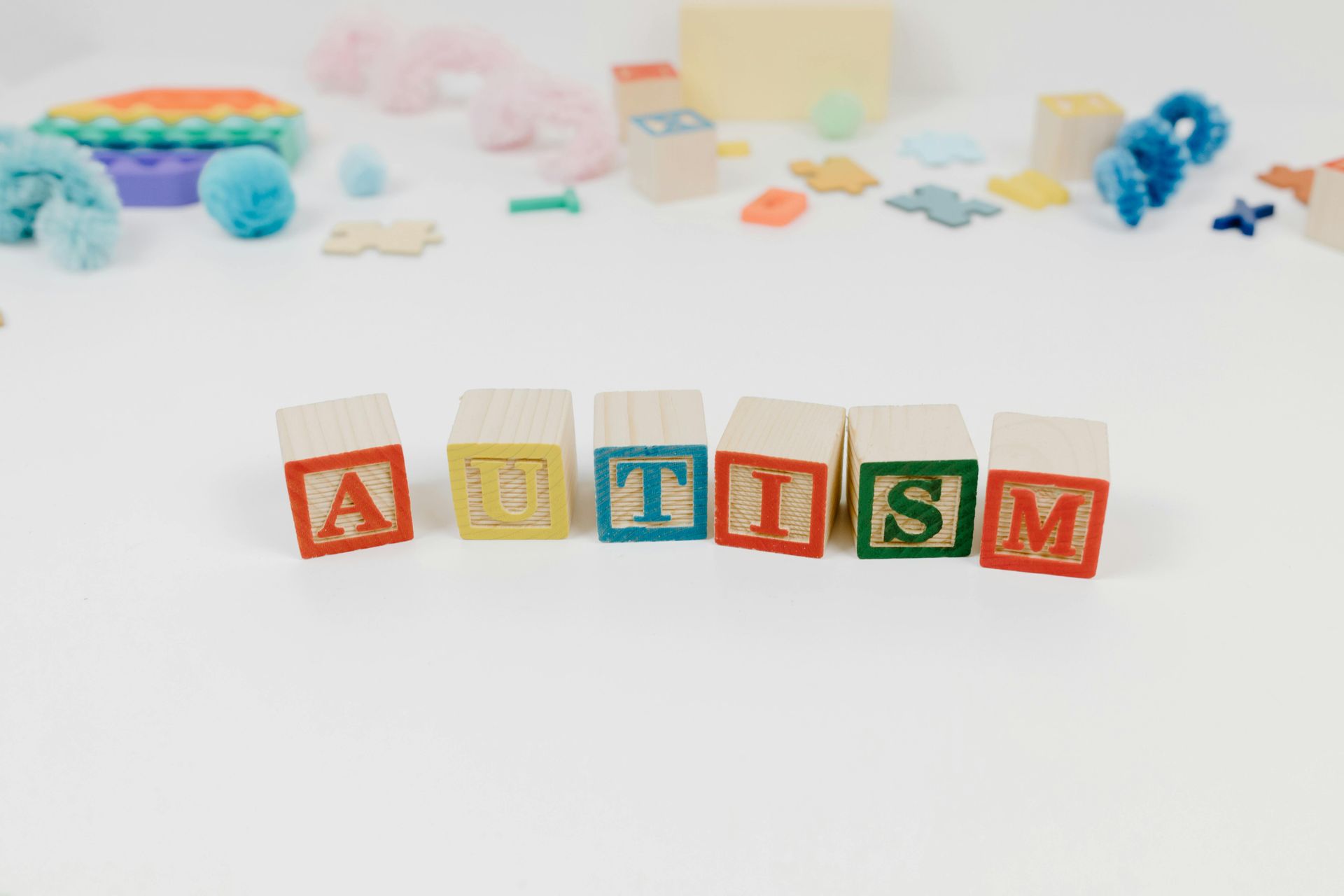Stress Awareness Month—a crucial opportunity to shed light on an invisible force that affects millions daily. While stress can be a natural response to life’s demands, chronic and unmanaged stress has far-reaching consequences, especially for individuals living with mental health conditions or developmental disabilities.
The Physiology of Stress
Stress triggers the body’s “fight or flight” response, releasing hormones such as cortisol and adrenaline. While this can be helpful in short bursts—motivating us to meet deadlines or respond to emergencies—ongoing stress can wear down the body and mind. Elevated cortisol levels over time are linked to weakened immunity, high blood pressure, insomnia, anxiety, and depression.
Why Stress Awareness Matters in Vulnerable Communities
For individuals managing mental health disorders or developmental disabilities, stress can be significantly more difficult to recognize and regulate. Triggers may range from environmental changes and social challenges to medication schedules or sensory overload. Left unaddressed, this stress can spiral into emotional dysregulation, behavioral difficulties, or physical health concerns.
Early Signs of Stress
Recognizing early indicators of stress can lead to timely support and better outcomes. These signs might include:
- Irritability or mood swings
- Sleep disturbances
- Difficulty concentrating
- Changes in appetite
- Withdrawal from social activities
In individuals with cognitive or communication barriers, signs may appear as:
- Increased repetitive behaviors
- Changes in daily routines or abilities
- Physical complaints like headaches or stomach aches
Strategies for Managing Stress
There’s no one-size-fits-all approach to managing stress, but proven techniques include:
- Routine and Structure: Maintaining consistency can bring comfort and reduce anxiety.
- Mindfulness and Relaxation Exercises: Practices like deep breathing, guided meditation, and yoga can calm the nervous system.
- Physical Activity: Movement helps release endorphins and reduce stress hormones.
- Support Systems: Family, caregivers, peer groups, and professionals can all offer critical support.
- Professional Counseling: Licensed therapists can help individuals build coping strategies tailored to their unique needs.
Creating a Culture of Understanding
Stress Awareness Month is not just about recognizing our own stress but fostering environments where others can feel safe expressing theirs. Whether you are a caregiver, educator, service provider, or family member, taking time to understand and validate someone’s experience can make all the difference.
🌿 Support mental wellness every month—not just in April.
Visit www.globalhandsinc.com to learn more about how expert services can support individuals living with mental health or developmental challenges.










